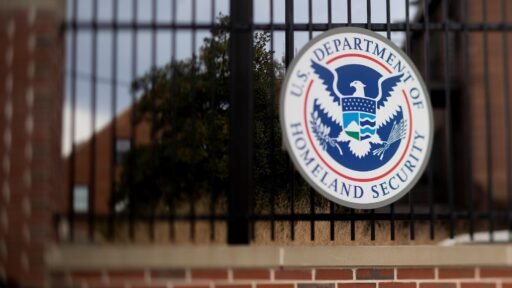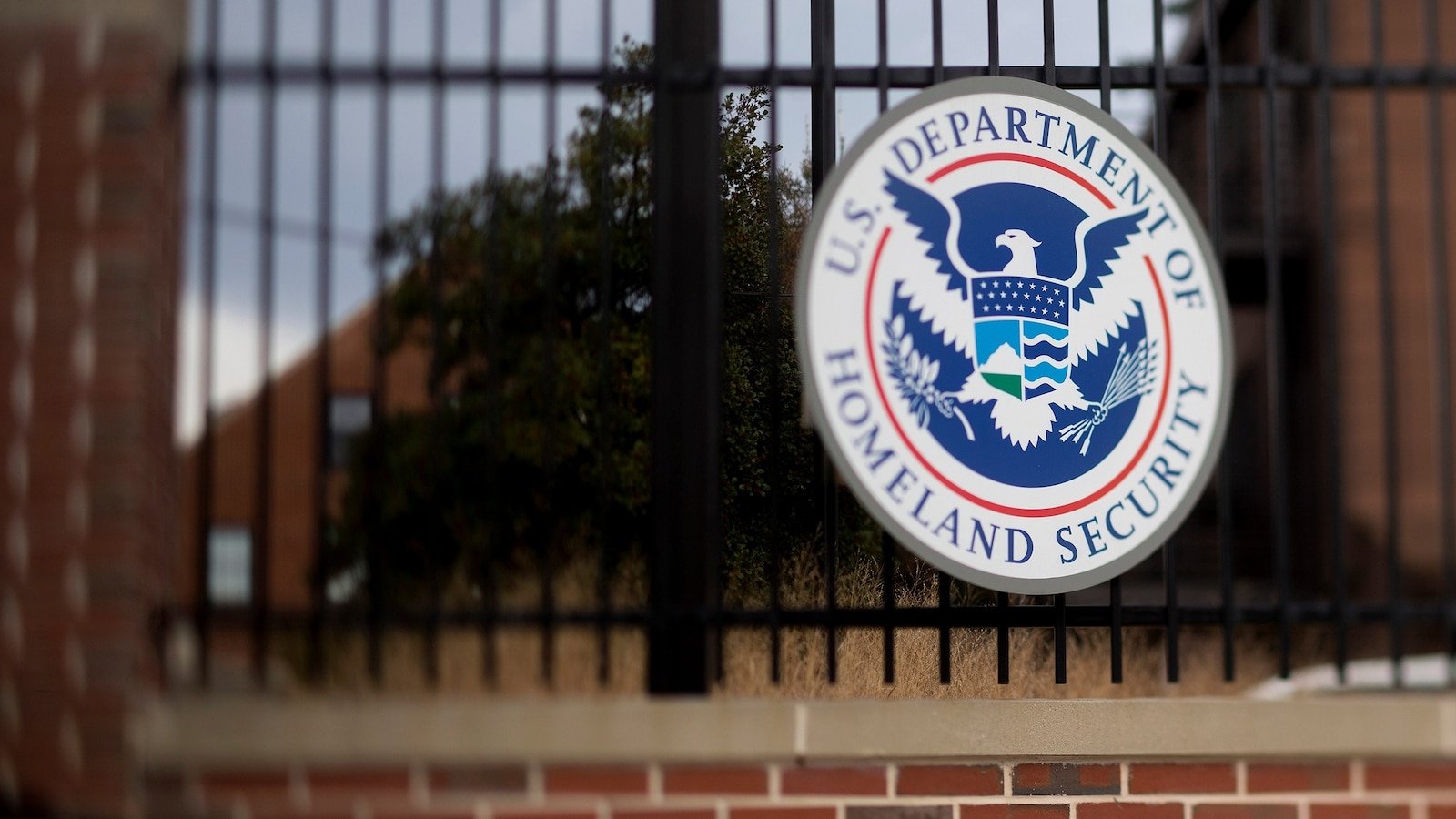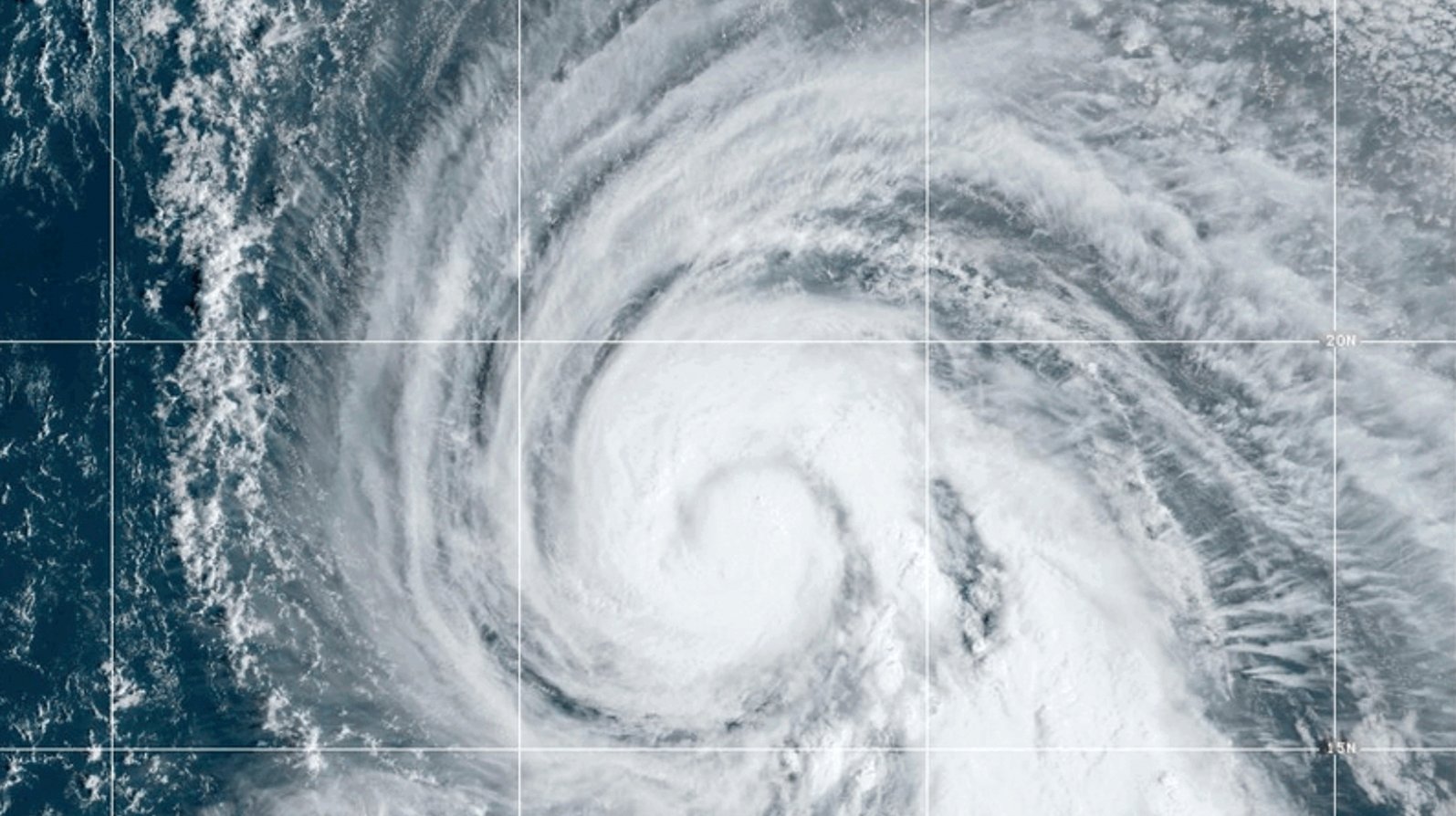The Biden administration says those whose parole is about to expire from the Cuban, Haitian, Nicaraguan and Venezuelan (CHNV) program will have to seek other immigration benefits and, if they do not find one, leave the country.
CHNV was implemented by the Biden administration with the intent to reduce irregular migration of Cubans, Haitians, Nicaraguans, and Venezuelans, and allow qualifying individuals to legally enter the United States in a safe and orderly manner, on a case-by-case basis, for urgent needs. . humanitarian reasons or significant public benefit.
The program was briefly suspended over fraud concerns, but was reinstated with better safeguards.
These processes were set up as temporary in nature, a source told ABC News, to allow recipients to work and give them the time and opportunity to pursue avenues for immigration benefits or humanitarian aid if they are eligible, such as asylum. or temporary protection. Status (TPS).
“As initially stated in the Federal Register notices, the grant of parole under these proceedings was for a temporary period of up to two years,” a Department of Homeland Security spokesperson told ABC News. “This two-year period was intended to allow individuals to seek humanitarian assistance or other immigration benefits for which they may be eligible, and to work and contribute to the United States.”
The Department said those who do not have pending immigration benefits or who have not been granted an immigration benefit during their two-year parole period will need to leave the United States before their authorized parole period expires or they can be placed in deportation proceedings after the probation period expires.
CHNV parolees may be eligible to apply for humanitarian aid or certain immigration benefits with USCIS, the Department said.
DHS points to the CHNV process as an example of reducing encounters at the southwest border.
ABC’s Armando García contributed to this report.
LATEST NEWS:
Posts
- Garth Brooks responds to rape allegations
- Car deliberately mows down group of people outside nightclub celebrating Freshers’ Week
- 1 arrested after Moore County Sheriff’s Office finds Fentanyl in home
- Parole program CHNV recipients will need to find alternative benefits, or leave the country: DHS
- Michael Schumacher ‘seen in public for first time in 11 years’
- Who is Seth Altman? More about the man wanted across Texas
- How a ‘missing, endangered' woman was the mastermind behind a Romeoville quadruple-murder
- Police docs paint horrifying picture of what led to shocking Romeoville quadruple murder
- Hurricane Kirk Strengthens Into Category 4 Storm in the Atlantic
- MPD releases video of East Memphis credit union robbery suspect who remains at large
- Six Venenzuelans arrested in ‘ATM jackpotting’ scheme
- US provides $72M to vaccine manufacturers to advance bird flu shot preparedness
- Yoga studio mogul pleads guilty to dodging $2.5 million in taxes
- Doctor claims Donald Trump scored 90% on 'psychopathy' test - higher than most prisoners
- Girl, 17, gets leg trapped in bus door and dragged down street for 15 seconds
- Five things London’s worst train station is going to do to improve things
- What time is the debate between Donald Trump and Kamala Harris for the U.S. presidential elections?
- 10 years in prison for sexual abuse
- Suspect arrested after hourslong standoff at Palmdale home where man found dead
- Plane Crashes Into House, Killing Three in ‘Huge Fireball’
- Student arrested at Fort Worth ISD campus after police found weapon





